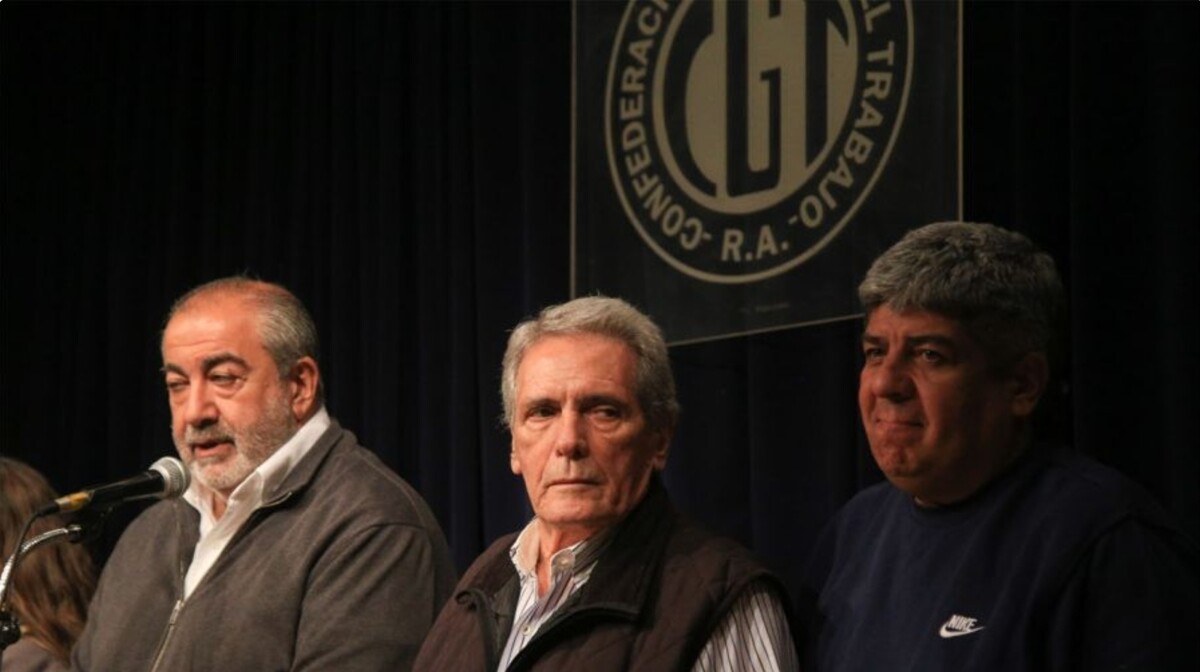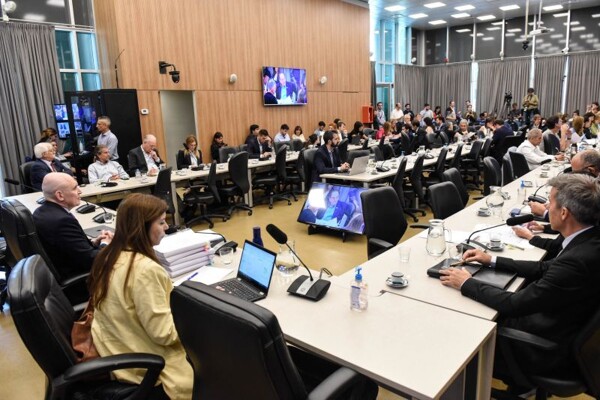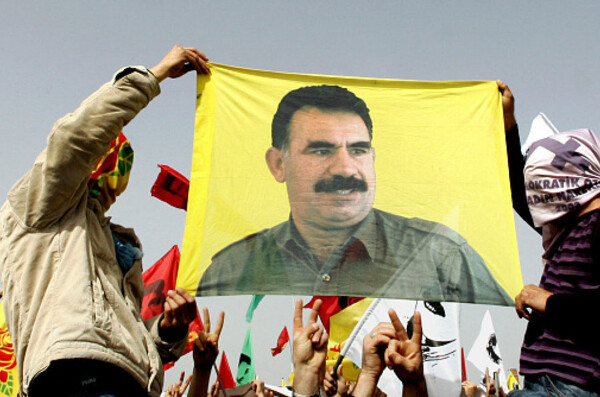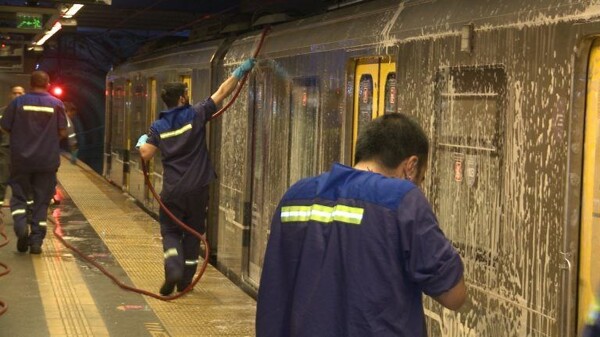
The IV Chamber of the National Appeals Court revoked the dismissal of the union leader Carlos Acuña this Monday. The judges considered Acuña, Secretary General of the SOESGyPE union and co-chair of the CGT, responsible for the crime of "coercion as the author." The accusation focuses on a blockade carried out in 2021 at a gas station in Buenos Aires City, as well as in three others located in different areas.
The seizure of 8 million pesos on Acuña's assets and money has been implemented as a consequence of this prosecution. Although the case regarding the blockade in San Pedro will go to trial, the cases in Vicente López and Lomas de Zamora are still pending judicial resolution. It is worth mentioning that Acuña had previously defended that the measure was taken within the regulations of "peaceful informative assemblies."
The judges of Chamber IV reviewed evidence such as security cameras, employee testimonies, and ministerial documentation to reach the resolution. They emphasized that the right to strike does not justify behaviors that exceed legal limits, and determined that Acuña's responsibility is not dependent on his physical presence at the protests, but on his role as a union leader in organizing such actions.
The complaint, made by business owners in the sector, alleges that Acuña and union members blocked access to gas stations in order to apply pressure in salary negotiations. The judges considered that the blockade does not fall within the legitimate exercise of the right to strike, but rather had a coercive character, seeking to cause damage and condition the collective bargaining discussions. The revocation of the previous dismissal illustrates a change in the interpretation of the facts by the judiciary.














